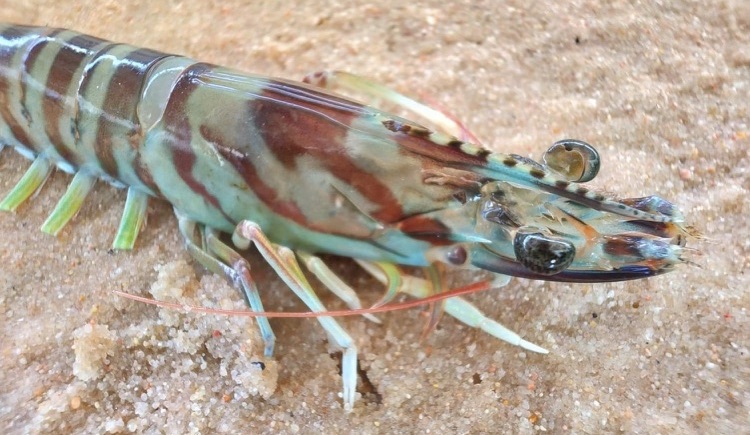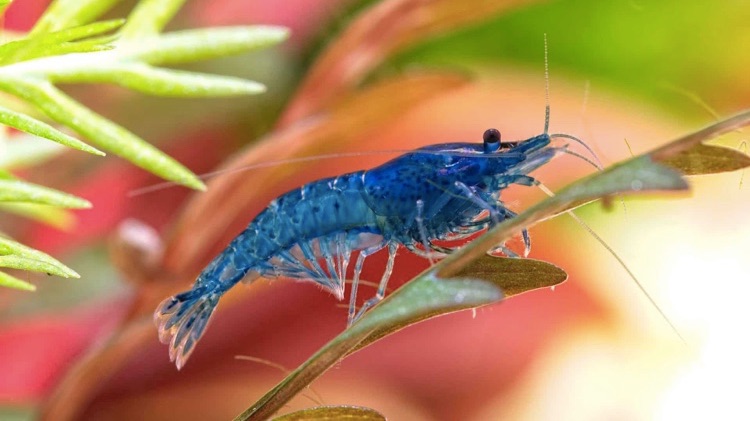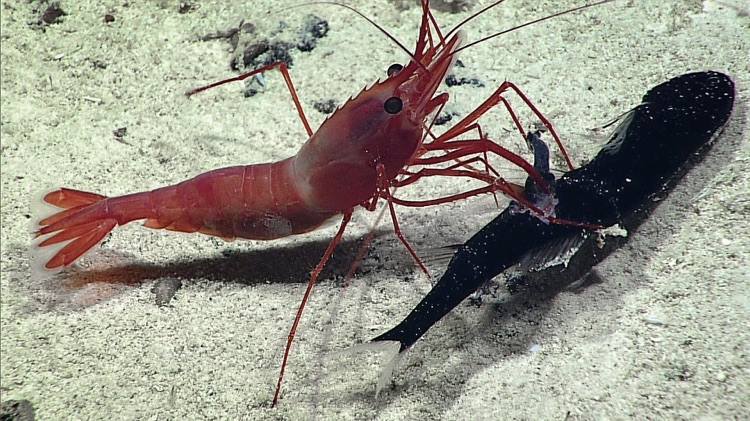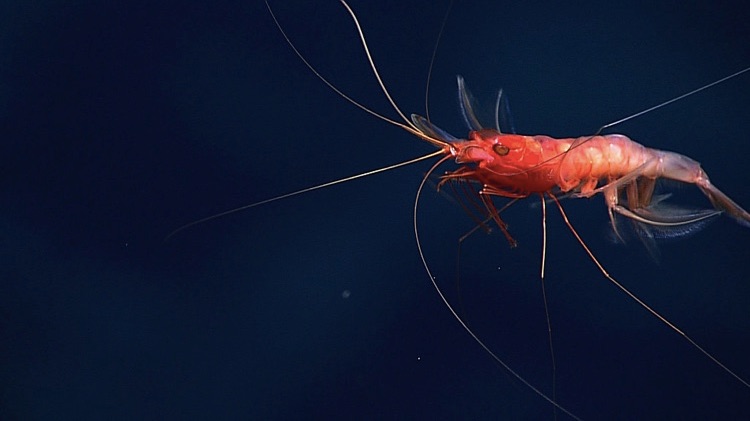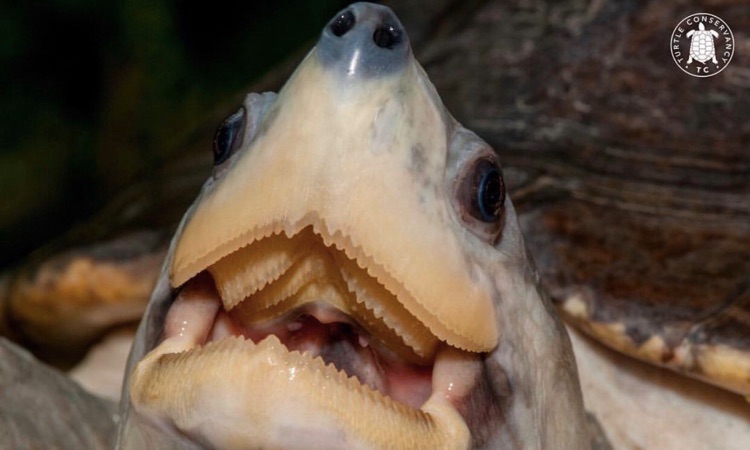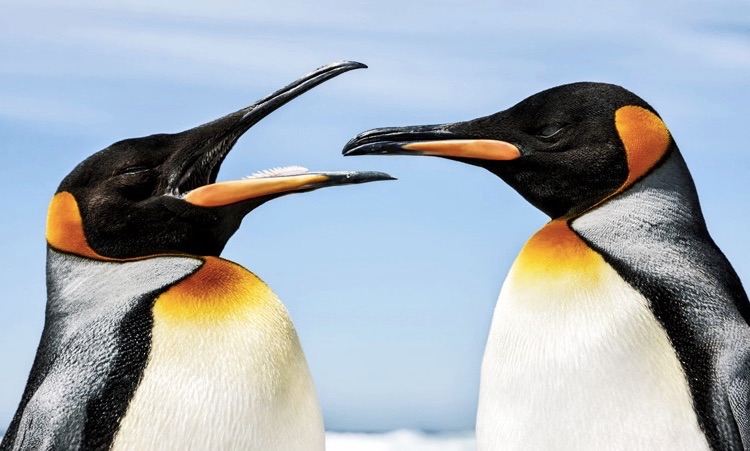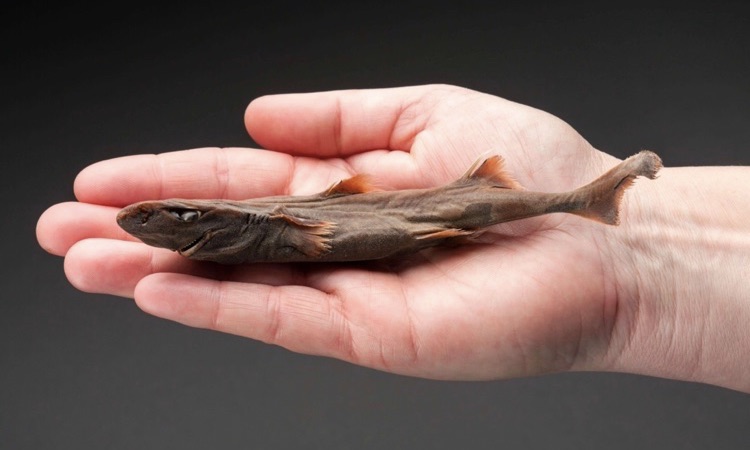Shrimp are a type of shellfish that have long bodies and typically swim to get around. Most shrimp in the ocean come from the Caridea and Dendrobranchiata families of the decapod order, but there are some types of shrimp that don’t fall into this category.
There are many shrimp species, and they can be found in a diverse range of locations. For example, you might spot them feeding near the bottom of the ocean on coastlines or in rivers and lakes.
Some species avoid predators by flipping off the seafloor and diving into the sediment. They have a lifespan of one to seven years on average. Shrimp are usually solitary, but they can form large swarms during breeding season.
Commercial shrimp species support an industry worth 50 billion dollars a year, and in 2010 the total commercial production of shrimp was nearly 7 million tonnes.
The prevalence of big shrimp farming dramatically increased during the 80s, with China being a primary contributor. By 2007, the global shrimp farm industry’s output surpassed that of wild-caught shrimp. Excessive bycatch and estuary pollution are critical issues to consider when production is done via methods other than farming.
Pictures of Shrimp in the Ocean
Different types of shrimp boast varying features and behaviors. For example, the small delicate Pederson’s shrimp is much different than the large commercial pink shrimp or snapping pistol shrimp in appearance and demeanor.
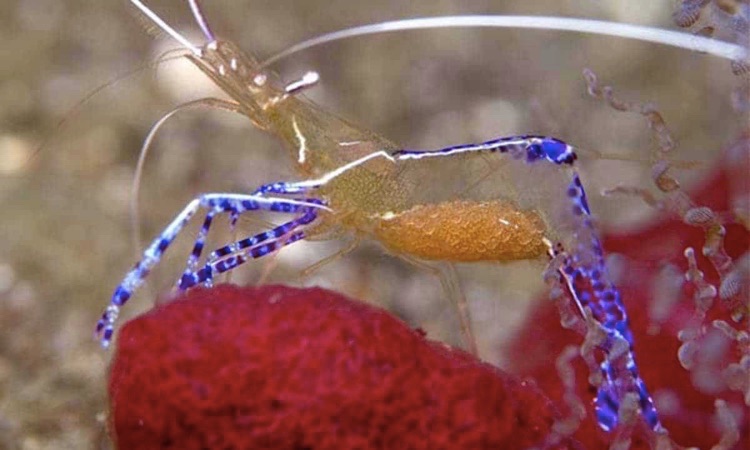
Pistol shrimp are a type of crab that is characterized by its large, asymmetrical claws. The smaller of the two claws is used to produce a loud snapping sound. There are about 600 species of pistol shrimp worldwide.
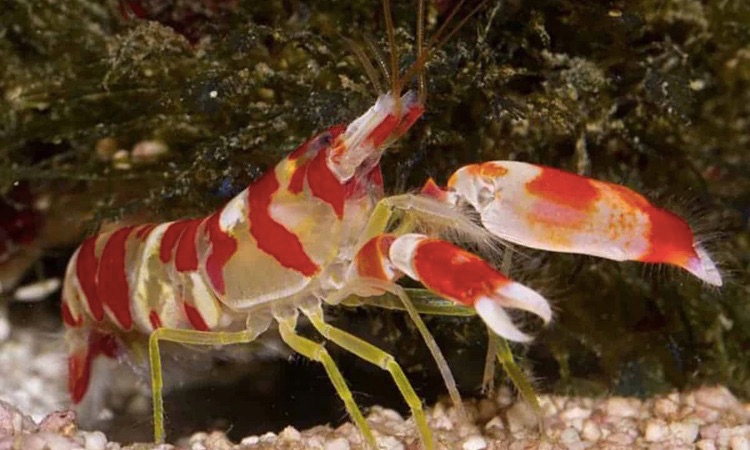
Mantis shrimp attack and kill their prey using incredibly powerful raptorials, which can spear, stunning, or dismember their victims. Some species of mantis shrimp have evolved specialized clubs made from calcium deposits that can be used to deliver powerful strikes. Others have developed sharp forelimbs for grabbing prey.
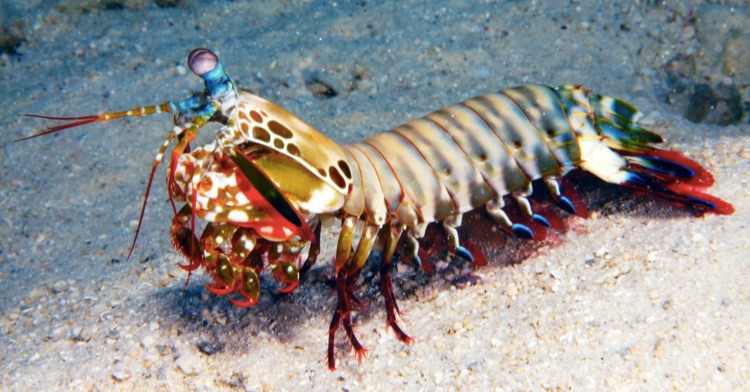
Below you’ll find some more pictures of different types of shrimp in the ocean, each one with its unique coloring, size and claw structure.
